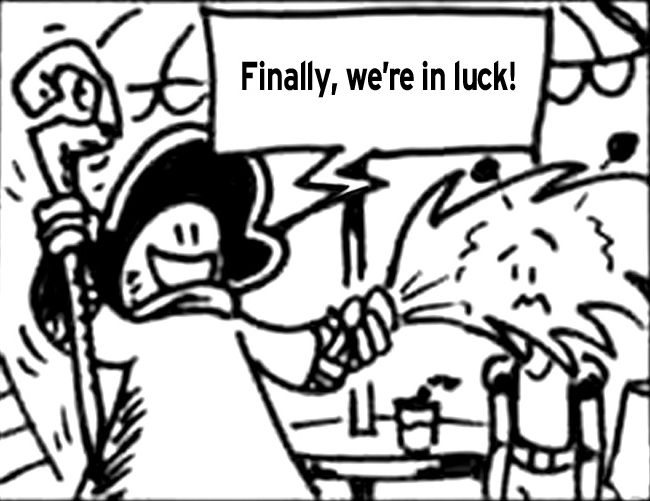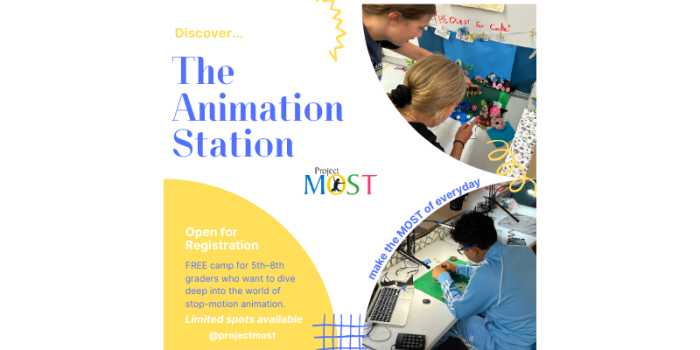Long Island’s Video Game Development Scene

I am fortunate enough to write about indie films and film festivals for Dan’s Papers from time to time, but I also work in video game development. Granted, I’m not one of the faceless thousands who bring you the ultraviolent Call of Duty titles on an annual basis (though my bank account certainly wishes I was). Instead, my work is predominantly on independent, or indie, games. Now, I know what you’re thinking—indie means that nobody sees it, nobody plays it, nobody likes it. While it’s true that our games (I say “our” because game development is most always a team sport) don’t get the level of love a game like Assassin’s Creed III or Halo 4 gets, they do, more often than not, find an audience.
Long Island used to be home to Acclaim Entertainment, a large game development studio that was based in Glen Cove. Unfortunately, Acclaim has been gone for quite some time, leaving a vacuum in Long Island’s game development scene. Of course, fully-functioning game development studios require large office areas to accommodate staff, and with the rising cost of real estate on Long Island, the realities of a large game company setting up shop here again any time soon are slim to none.
This is where indie game developers like myself step in. Typically working from our home PCs (thus, no real estate overhead), we garage programmers, coders and writers toil away on a video game, sometimes for years (which was the case with Phil Fish’s five-star hit Fez, a successful XBOX Live Arcade title released last April after starting development in 2008) in the hopes that people genuinely enjoy and somehow stumble upon the titles we’ve worked on. The best-case scenario is that our games sell a few thousand copies, we break even on our investment and have a little leftover to start the next title. My game label, Nice Guy Games, has been toiling away on a project for over a year now, after hitting multiple snags. Staying with the game has been difficult, and I’ve taken on ancillary game development work in an effort to pay the bills, but my desire to see our launch title through to release remains strong. I need to see it happen.
My technical knowledge is limited, so I handle the game’s narrative thread from start to finish, while also paying attention to character and dialogue. A game’s story is often a road map for the emotional and psychological response you want your players to feel, so, by working on a game like Space Pirate Adventures or The Adventure of Elfia, I was able to deliver a branching narrative partly inspired by the classic “Choose Your Own Adventure” novel style of storytelling I grew up with. The Adventure of Elfia is currently being ported to iOS/mobile platforms and should be available soon. In both cases, I took the narrative and characters into my hands and was incredibly happy with the results. While Space Pirate Adventures didn’t sell particularly well on the XBOX Live Indie Marketplace, The Adventure of Elfia (originally titled Mystic Forest) has performed incredibly well. I’m proud of both games, as they offer wildly different narratives, with one being about a band of over-the-top aliens sailing through space and having absurd adventures and the other being a touching story of a man who helps an elf find her way home after becoming lost in the enchanted woods.
I’m particularly fond of the fact that most XBOX Live Indie Games only cost a dollar. More often than not, the player is provided with a few hours of fun or adventure, though some games, like Smooth Operators and Party Boat, can be played forever, with different outcomes and fantastically funny dialogue. The game Breath of Death VII is another example of comedy and gaming tropes boiled down to a six-hour adventure. Breath of Death VII was a wildly successful title, spawning sequels and spinoffs.
Some local colleges like Stony Brook University and Hofstra offer game development programs, which could help stimulate the gaming scene on Long Island, however; many young developers and game designers have taken to Brooklyn and Manhattan to work for indie studios like Large Animal Games and Wadjet Eye Games. Often, indie studios work on smaller titles geared toward Facebook or mobile release that allow them to recoup their investment faster, while also building brand awareness. One need only look at the success of Words With Friends, Draw Something and Hanging With Friends to see why indie game developer Zynga is so incredibly popular.
But sometimes, working on a mobile game with a pay-as-you-go or pay-what-you-want structure isn’t enough for a game developer. Visionaries like Jonathan Blow, Jenova Chen and Phil Fish are three such developers who haven’t hedged their bets in the mobile market, instead opting to create lasting, memorable experiences through Microsoft and Sony’s consoles to engage players and open up indie gaming to a whole new audience.
Indie games share a commonality with indie film in that they are typically off-center, deeply personal and visually arresting titles that are aimed not at your wallet, but at your brain or your heart. I’ve been fortunate enough to work on a very successful horror/thriller franchise called Decay on the XBOX Live Indie Marketplace. We’ve sold tens of thousands of copies and continue to see success in the indie sphere. But in the end, it’s not the sales that inspire me, it’s the thousands of people who have seen my writing, laughed (or cringed) at my dialogue and experienced a narrative that I helped shape. Indie games inspire in the same way indie film does. Maybe this holiday season, ignore the Call of Duties, the Halos or whatever else your kids want you to buy and pick up Journey for the PS3, an indie game that has its sights set on your heart, or maybe Fez, a uniquely innovative game about discovery and exploration.
Watch gameplay footage from Fez below.









